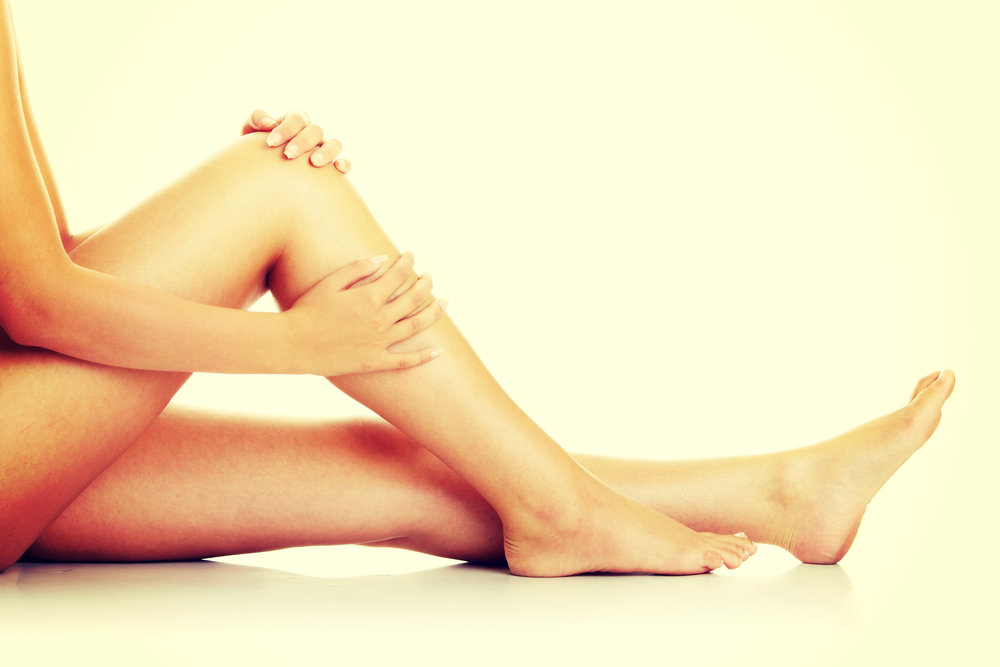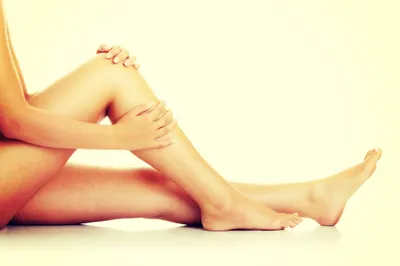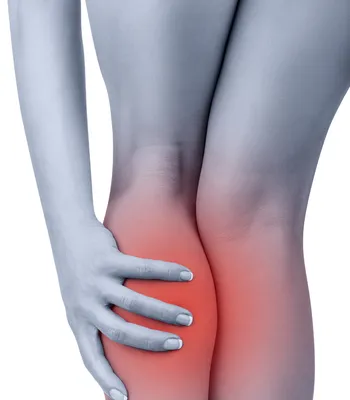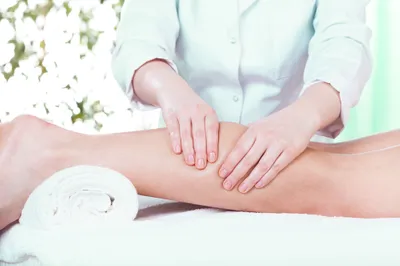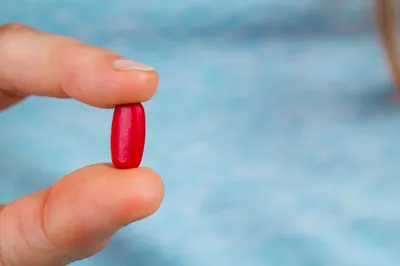As crazy or far-fetched as it might sound, restless legs syndrome (or RLS) is a genuine medical condition. In fact, medical research estimates that roughly 10-percent of the American population suffers from the strange, creepy-crawly symptoms of RLS.
Here are ten firm facts about the rather twitchy condition known as RLS…
1. RLS is No Laughing Matter
When news of RLS hit the media in 2005, comedians like Ricky Gervais, Bill Maher, and the troupe on Mad TV poked fun at the condition and called the authenticity of the disorder into question. However, RLS has plagued patients for a very long time and the media coverage was meant to bring peace of mind to those suffering from the unpleasant and bizarre symptoms, and to let patients know that they were suffering from a real, treatable movement disorder.
2. RLS Isn’t a Frivolous Condition
Oftentimes it’s difficult to sympathize with those suffering from a condition we don’t know about firsthand. The symptoms of RLS—mainly the sensations in the legs—can result in serious sleep deprivation, disrupt everyday life and activities, lead to high blood pressure, cause erectile dysfunction, and cause disproportionate dopamine levels, a neurotransmitter that regulates movement and pleasure centers in the brain.
3. Diagnosing RLS
To be diagnosed with RLS by a medical professional, a patient must satisfy 4 criteria, including:
- Abnormally uncomfortable tingling or crawling sensations in the legs
- An overpowering impulse to move the legs
- Symptoms that are aggravated during in the evening or at night when sleeping
- Exacerbated symptoms during periods of inactivity—meaning movement or exercise can provide temporary relief

4. RLS May Have a Genetic Link
European studies combined with research from Atlanta’s Emory University have discovered a possible genetic link between RSL patients, showing that RLS may have a family tie. International research from 2007 and 2011 pinpointed common genes variant that doubled a person’s chances of developing the condition, particularly if they are of Eastern European origin.
5. Symptoms of RLS
According to patient research from California’s Cedars-Sinai Medical Centers, Movement Disorders Program, the uncomfortable and disruptive leg sensations suffered by RLS patients are the most common symptom of this movement disorder. Sensations in the legs range from tingling, itching, creepy-crawly, tugging, and even cramps and involuntary leg movements. These symptoms are what cause the uncontrollable urge to remain moving as they worsen when the patient is at rest.
6. RLS Worsens at Night
As mentioned, the leg sensations of RLS worsen during rest, particularly at night when circadian rhythms in the body decrease to ready the body for sleep. Medical professionals speculate that these worsening symptoms may be caused by a combination of fewer nighttime distractions and dopamine, which regulates the body’s natural sleep regulation cycle.
7. RLS Can Increase With Age
Even though RLS patients are diagnosed at all ages, the condition most commonly surfaces in senior years—starting around 65-years of age or older. The uncomfortable leg sensations and disrupted sleep symptoms can also get worse as the patient ages.
8. RLS is more common during pregnancy
Along with elderly patients, RLS can also strike expecting women for rather unknown reasons. Health professionals at Cedars-Sinai Medical Centers suspect pregnancy RLS may be linked to low iron levels, but admit studies are not conclusive and symptoms almost always disappear after mom delivers baby.
9. Exercise Can Help RLS
Medical professionals have found that regular exercise can help soothe the uncomfortable symptoms of RLS—as leg sensations are often worse on inactive days. However, doctors warn that exercise should be gentle (i.e., gentle yoga, walking, aquatics, and massage) as intense activity can exacerbate symptoms.
10. So Can Supplements…
Those who suffer from RLS are usually prescribed medication by their doctor. However, because of the link between low iron and RLS, iron supplementation have shown success when it comes to replenishing dopamine in the brain and decreasing RLS symptoms according to experts from Cedars-Sinai Medical Centers. Additional supplements, like magnesium and folate, have also shown some promise in soothing RLS symptoms.
